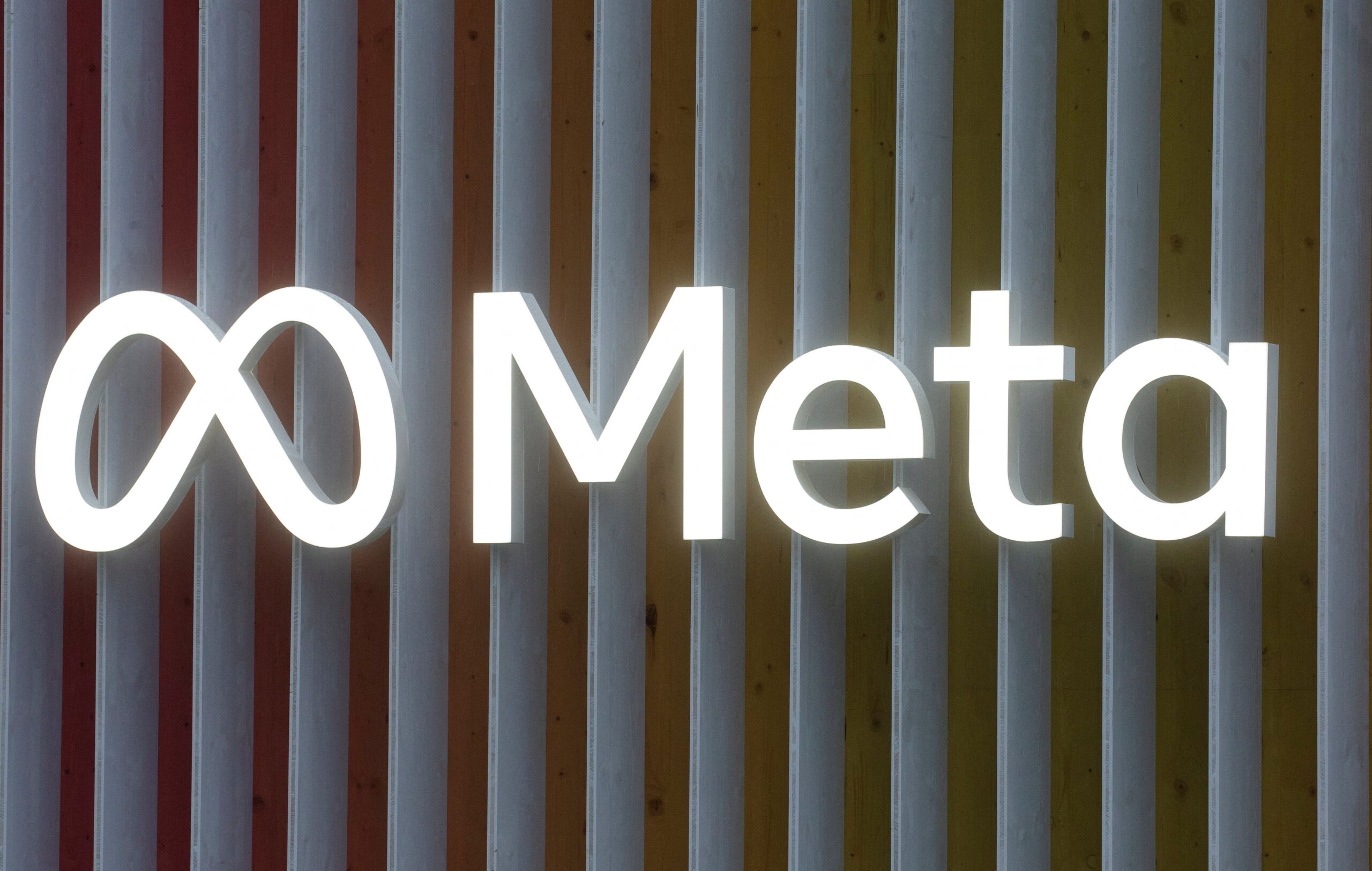
Nearly two dozen European civil society groups and nonprofits have taken a firm stand against Meta’s “consent or pay” strategy by penning an open letter to the European Data Protection Board (EDPB).
As the EDPB prepares to meet this week, these organizations are pressing for a rejection of what they see as an attempt by Meta to circumvent EU privacy laws for profit. The decision from this meeting could set a significant precedent for how personal data and user consent are managed across the European Economic Area (EEA).
The “consent or pay” model, which Meta refers to as “Subscription for no ads,” has sparked controversy by requiring users to either agree to data tracking for personalized advertising or pay for a non-tracking based subscription service. This approach, according to Meta, aligns with recent European legal standards, claiming endorsement from the highest court in the EU, the Court of Justice of the European Union (CJEU).
Concerns Over Consumer Choice and Data Protection
However, the collective of rights groups, including EDRi, Access Now, noyb, and Wikimedia Europe, argue that this model manipulates user consent and undermines the fundamental principles of the EU’s data protection regime. They worry that if the EDPB endorses this model, it could pave the way for widespread use of economic pressures that strip consumers of genuine choice regarding their privacy.
This concern is further underscored by a recent move by the EU to launch a formal investigation under the Digital Markets Act (DMA) into whether Meta’s tactic breaches competition rules. This inquiry complements ongoing scrutiny under the Digital Services Act (DSA), indicating serious regulatory attention towards the preservation of privacy and consumer rights in digital spaces.
Specifically, the investigations focus on:
- Digital Markets Act (DMA): Examining if Meta’s “consent or pay” tactic breaches competition rules that apply to Facebook and Instagram.
- Digital Services Act (DSA): Monitoring compliance with broader obligations that affect Meta’s social networks, emphasizing how these practices align with EU standards for digital services.
The implications of the EDPB’s pending decision extend beyond just Meta, as the tactic of “consent or pay” was initially introduced by some European news publishers. However, Meta’s prominent role in the digital market makes their use of this model particularly influential and potentially precedent-setting for other online platforms.
Is Genuine User Choice at Stake?
In their letter, the rights groups express a deep-seated concern about the potential normalization of “consent or pay,” which they argue could degrade service conditions in violation of specific provisions of the DMA and the General Data Protection Regulation (GDPR). They highlight the necessity of ensuring that consent remains freely given, pointing to the limited real-world uptake of paid subscription models that avoid data tracking as evidence that the current model does not offer a genuine alternative to users.
The EDPB’s response to the situation, as explained by a spokeswoman, is that their upcoming opinion will address the broader use of “consent or pay” models by large online platforms, particularly for behavioral advertising. While specific companies like Meta are not the sole focus, the outcome could directly impact how their business practices align with EU data protection standards.
Related News:
Featured Image courtesy of ARND WIEGMANN/REUTERS
